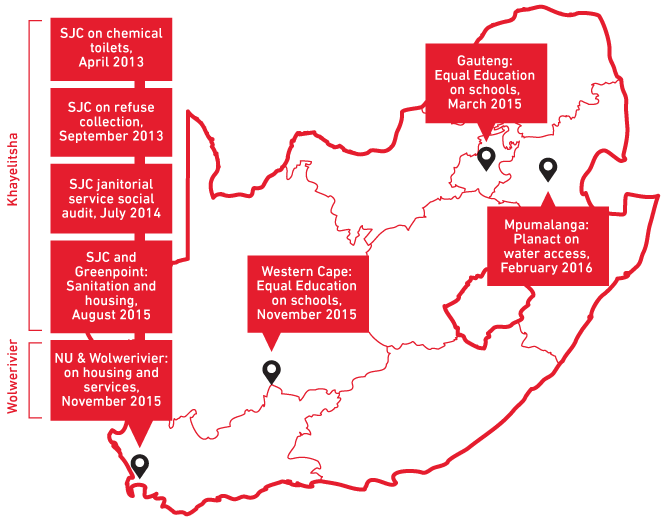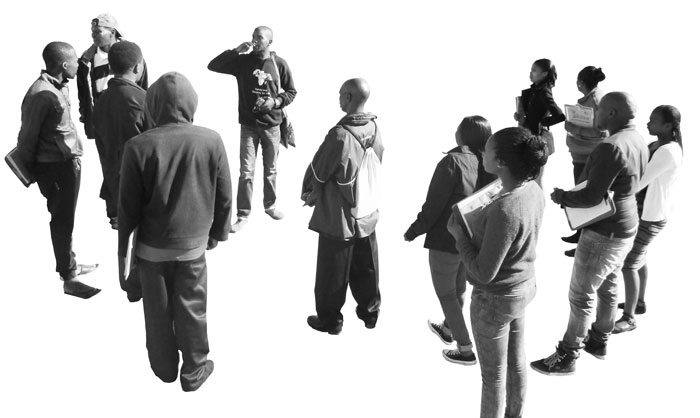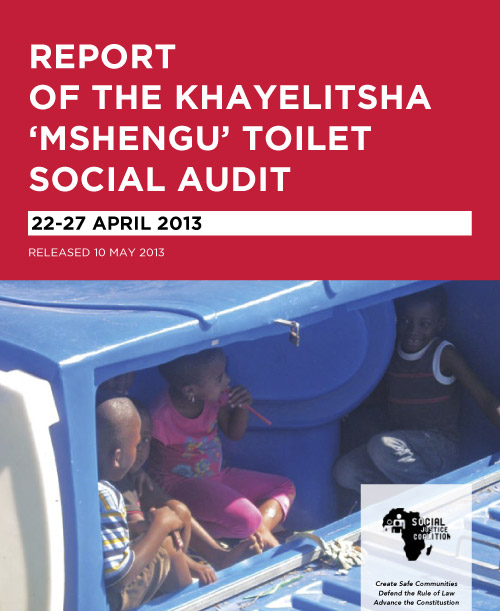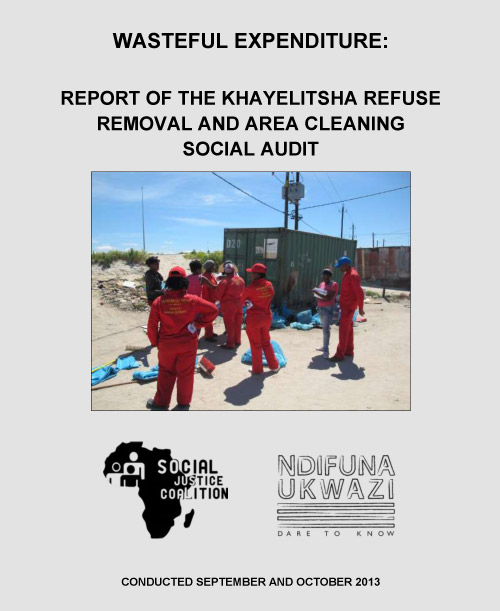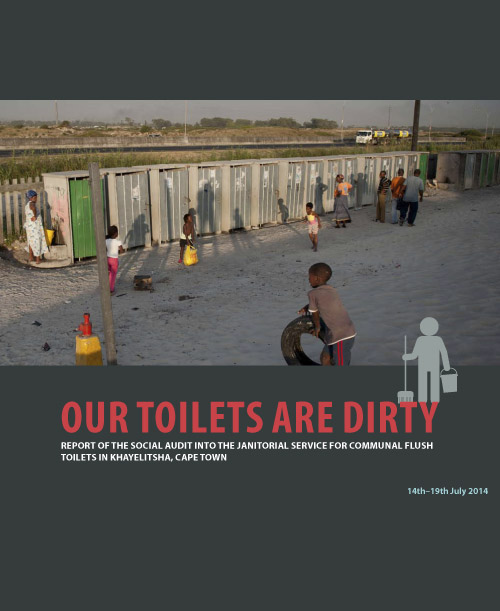Social audits began in India more than 20 years ago. Since then they have been used as an important tool for enhancing grassroots participation and monitoring the accountability of government spending. The process allows communities to understand, measure, verify, report and ultimately contribute to improving government performance.
Case Study: Janitorial Service Social Audit
The janitorial service social audit included comprehensive inspections of 528 flush toilets and nearly 200 interviews with residents who use the facilities and janitors who clean the toilets. More than 80 people, representing a number of civil society organisations from across the country, participated.
The social audit culminated in a public hearing where community members presented their evidence and asked their elected leaders the question: Why is a highly funded service that could have a major positive impact on people’s lives not being fully delivered?
The final social audit results were released in a report in Khayelitsha on 1 October 2014. The report showed how the service remained haphazard, poorly implemented, and regularly ineffective. Amongst other things, a quarter of toilets in informal settlements were in an unusable state: only one in eight janitors was inoculated against disease as required by City janitorial service documents, and janitors were under severe risk due to lack of training. We called for immediate remedial action, a janitorial plan, and a plan for sanitation in Cape Town’s informal settlements.

